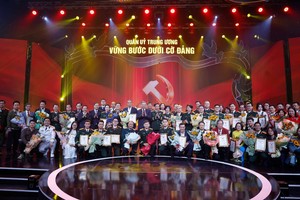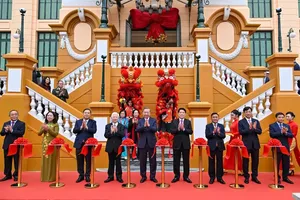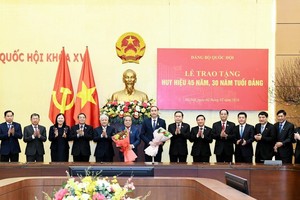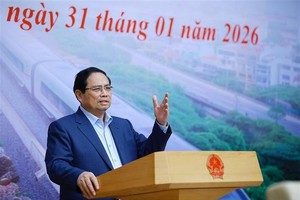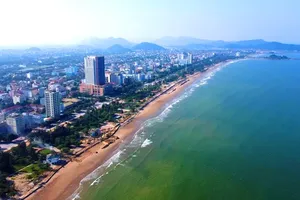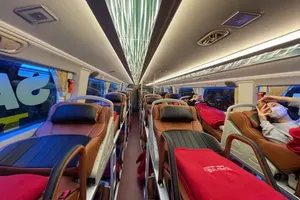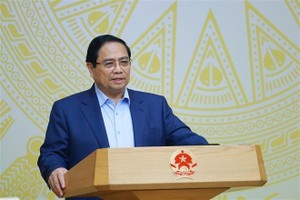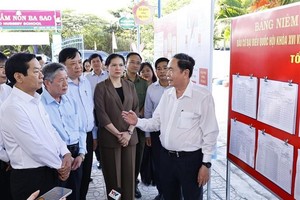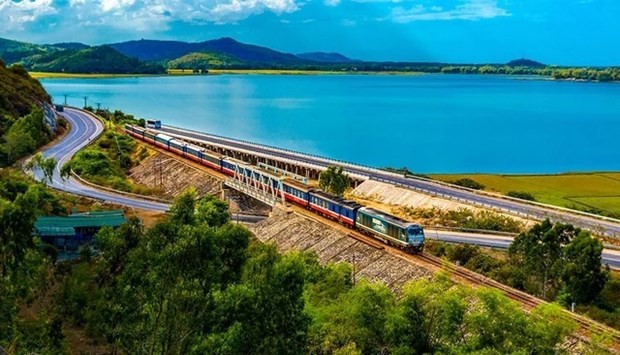
At a working session with the Ministry of Transport earlier, permanent Government members stressed that the high-speed railway must be modern, concerted and sustainable.
The ministry had sketched out three scenarios, which, however, are expected to be reduced to two, offering freight services, apart from passenger transportation as the priority.
Under the first scenario, the train will move at a speed of 200-250 km/h and the investment capital is estimated at around US$72.02 billion . Meanwhile, the speed of 350 km/h and some US$71.6 billion in investment capital are set for the second, including spending on infrastructure and equipment for freight transportation.
The bullet train will depart from the Ngoc Hoi Station in Hanoi to Thu Thiem in Ho Chi Minh City, with its running time from 5 hours 26 minutes to 7 hours 54 minutes, depending on the number of stops.
The ministry explained that cargo services are to ease the burden for other means like marine and air transportation, saying the present North-South railway will also be modernised to carry both goods and passengers.
According to the ministry, permanent Government members will opine on the selection of one of the two before they are submitted to the Politburo.
Associate Professor, Dr. Tran Chung, Chairman of the Vietnam Association of Road Traffic Investors (VARSI), and member of the project’s consulting team, expressed his support for the second, which, he said, would help materialise the country’s goal of net zero emissions by 2050, and raise the rail sector’s competitiveness in terms of speed.
The railway project would require around 13,000 people to operate, said Dang Sy Manh, Chairman of the Board of Members of Vietnam Railways (VNR).
